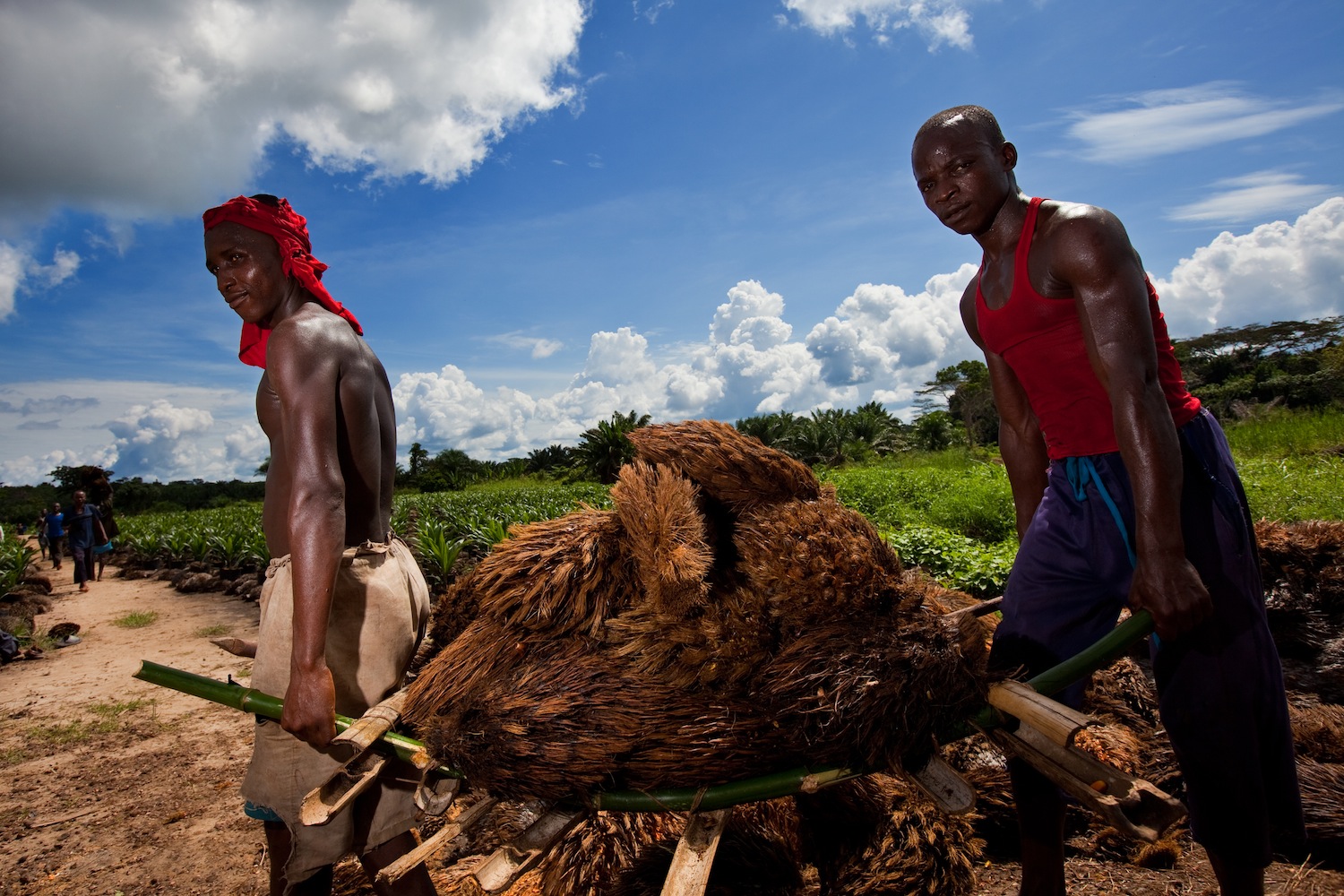
Canada and UK-based agribusiness Feronia has drawn down the second tranche of a US$49 million loan provided by Germany’s DEG and three other European development finance institutions for its palm oil business in the Democratic Republic of Congo.
Frank Braeken, chairman of Feronia, said that mobilising the latest US$10 million tranche, along with subsequent drawdowns, would allow Feronia to continue to rebuild Plantations et Huileries du Congo into “a sustainable business fit for the 21st century”.
DEG and Feronia spoke to Development Finance to state that the company adheres to strict environmental and social governance standards after the publication of a 2016 report by NGO Grain challenged the company’s land titles, financial management and human resource practices.
Paul Dulieu, director of communications and corporate development at Feronia, said: “We reached out to Grain. We have nothing to hide. As shareholders and lenders the DFIs play a very, very active role. The ongoing governance is very, very thorough and they ensure we adhere to the very highest standards.”
The first tranche of the loan of US$15 million was made available in April 2016, with the remainder of the loan expected to be drawn down later this year. DEG took the role of lead arranger for the syndicate of institutions, which included the Netherlands’ FMO, Belgium’s BIO and the Emerging Africa Investment Fund. The private arm of the UK’s DfID, CDC, owns 67 percent of the palm oil company, while 26 percent is held by the African Agriculture Fund through Phatisa.
A DEG spokesperson told Development Finance that all companies which it co-finances must comply with IFC performance standards, the international benchmark for development finance institutions which invest in the private sector, as well as ILO Core Labour Standards.
“The realisation of environmental and social action plans agreed upon with the co-financed companies is closely being accompanied by DEG through a team of environmental and social experts, supported by external experts,” the spokesperson said.
Dulieu also said Feronia had invited representatives from Grain and War on Want into its offices to study its land titles last week.
Devlin Kuyek, a researcher at Grain, said he welcomed the company’s openness and said that Grain would share the documents with local communities so they can make their own assessment. However he criticised the DFIs’ approach, saying they did not contact Grain to discuss its findings after publication of the report.
The DEG spokesperson said: “We exchange views and ideas with civil society representatives regularly and appreciate their input.”
DEG went on to defend the company’s contribution to achieving the development goals of the Congo, saying the plant “secures the jobs of some 3,800 permanent staff and up to 5,200 seasonal workers in a post-conflict country, which with an unemployment rate of 82 percent and a poverty rate of 63 percent is among the least developed countries in the world”.
Dulieu pointed out that there are 100,000 people who choose to live within five kilometres of the company’s three plantations because of the economic and healthcare benefits offered to the community by Feronia. Feronia has four hospitals and in 2016 carried out 100,000 medical consultations of which more than 50 percent had no connection to the company.
Feronia is currently working towards the Roundtable on Sustainable Palm Oil accreditation. It acquired the plant from Unilever in 2010 with the aim of rebuilding a business that was launched in 1911 and that has survived a series of conflicts in the Congo though it has yet to turn a profit.

